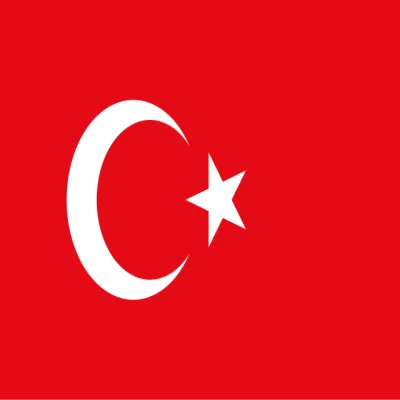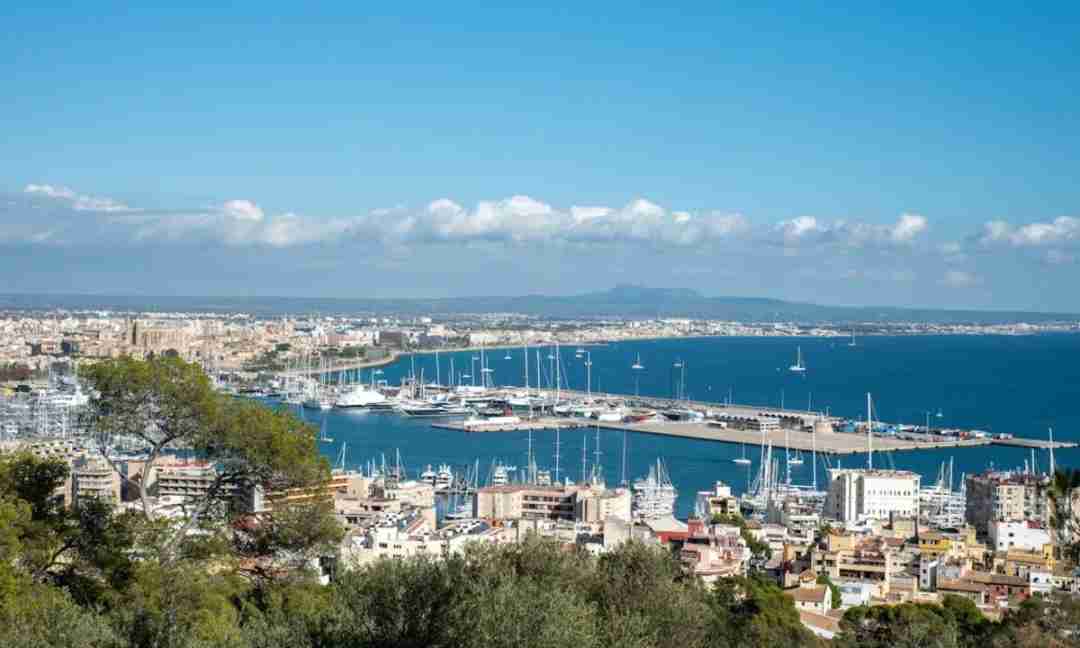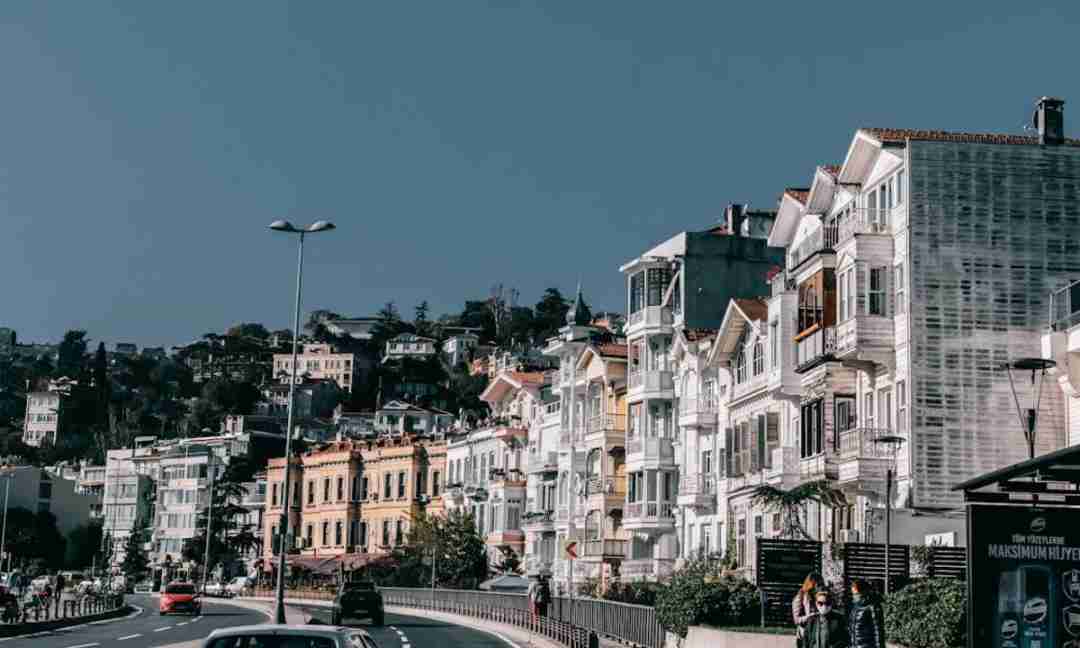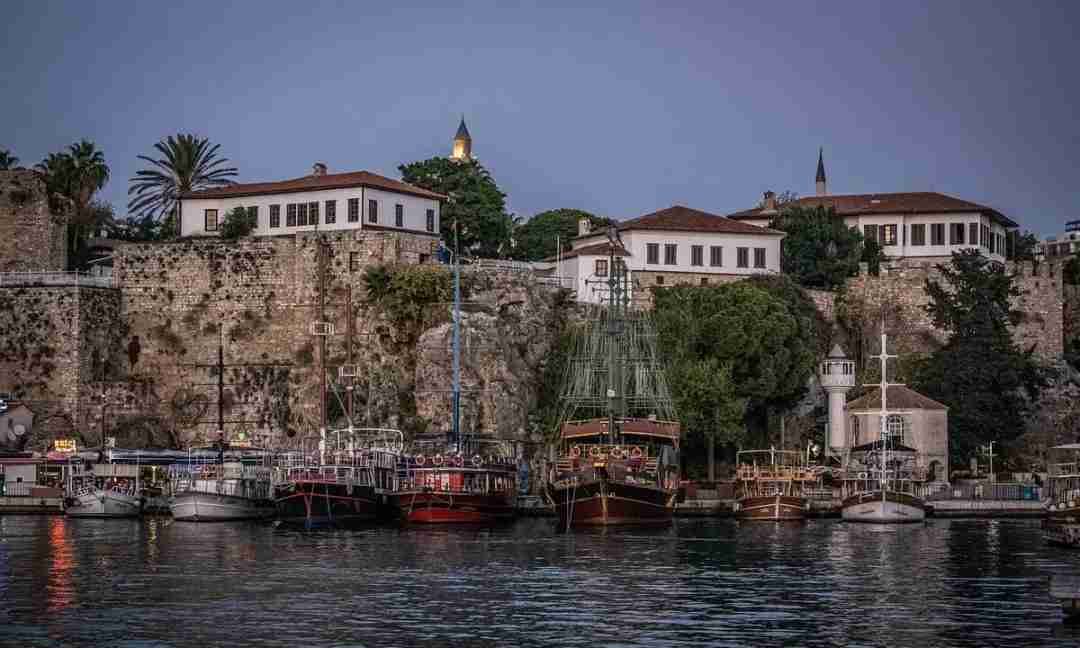Mustafa Kemal Atatürk (1881-1938) is a prominent historical figure in Turkey, recognized as the founding father of the Republic of Turkey and a visionary leader who transformed the country from the remnants of the Ottoman Empire into a modern, secular, and nationalist nation-state. His legacy and reforms continue to shape Turkey's political, social, and cultural landscape.
Early Life
• Birth and Background:
Atatürk was born in 1881 in Salonika (present-day Thessaloniki, Greece), which was part of the Ottoman Empire. His father, Ali Riza Efendi, was a customs official, while his mother, Zubeyde Hanım, was a housewife. After the early death of his father, Atatürk's mother had a significant influence on his upbringing.
• Education and Military Career:
Atatürk attended military school, where he excelled and adopted progressive ideas. He graduated from the Ottoman Military Academy in 1902 and the Ottoman General Staff College in 1905. His military career began, leading him to hold various posts within the Ottoman Army.
Role in World War I
During World War I, Atatürk played a significant role in the defense of the Ottoman Empire. He gained fame for his leadership at the Battle of Gallipoli (1915-1916), where he successfully organized the defense against Allied forces. His military success bolstered his reputation as a national hero.
The Turkish War of Independence
After the defeat of the Ottoman Empire in World War I and the subsequent occupation of Turkey by Allied forces, Atatürk emerged as a key figure in the movement for Turkish independence.
• Formation of the Grand National Assembly:
In 1920, Atatürk established the Grand National Assembly of Turkey in Anatolia. He organized resistance against the occupying forces, leading to the Turkish War of Independence (1919-1923). This conflict was marked by battles against Greek, French, and Italian forces seeking to partition the remnants of the Ottoman Empire.
• Victory and Establishment of the Republic:
The successful conclusion of the war culminated in the signing of the Treaty of Lausanne in 1923, which recognized Turkey as a sovereign state. On October 29, 1923, Atatürk declared the Republic of Turkey, officially becoming its first President.
Reforms and Modernization Efforts
As President, Atatürk implemented profound political, economic, and social reforms aimed at modernizing Turkey and promoting secularism.
• Secularization:
Atatürk abolished the Sultanate and Caliphate, separating religion from state affairs. He implemented reforms to diminish the power of religious authorities and promoted secular education.
• Legal Reforms:
He replaced Islamic law (Sharia) with a civil law system based on European models, adopting laws that guaranteed equal rights for women, including the right to vote and participate in public life.
• Language and Education:
Atatürk reformed the Turkish language, introducing a new alphabet based on the Latin script to increase literacy and promote modernization. He founded schools and universities to foster an educated populace.
• Cultural Changes:
Atatürk promoted nationalism and Turkish identity through cultural reforms, including encouraging Turkish art, literature, and music. He also aimed to modernize agriculture and industry, leading to economic development.
Legacy
Atatürk passed away on November 10, 1938, but his legacy endures in Turkey and beyond. He is often revered as a visionary leader whose ideas and reforms transformed Turkey into a modern nation-state. His principles, known as Kemalism, emphasize six pillars: republicanism, nationalism, populism, statism, secularism, and reformism.
• National Hero:
To this day, Atatürk is celebrated in Turkey as a national hero, and his image can be found in schools, government buildings, and public spaces. His mausoleum, Anıtkabir, located in Ankara, is a prominent site for citizens to pay their respects.
Conclusion
Mustafa Kemal Atatürk is a central figure in Turkish history, symbolizing the country's transition from an empire to a modern republic. His reforms laid the foundation for contemporary Turkey and continue to influence the nation's identity, governance, and cultural values. His vision for a secular, democratic, and progressive society remains a topic of discussion and admiration both within Turkey and internationally.
.webp)













